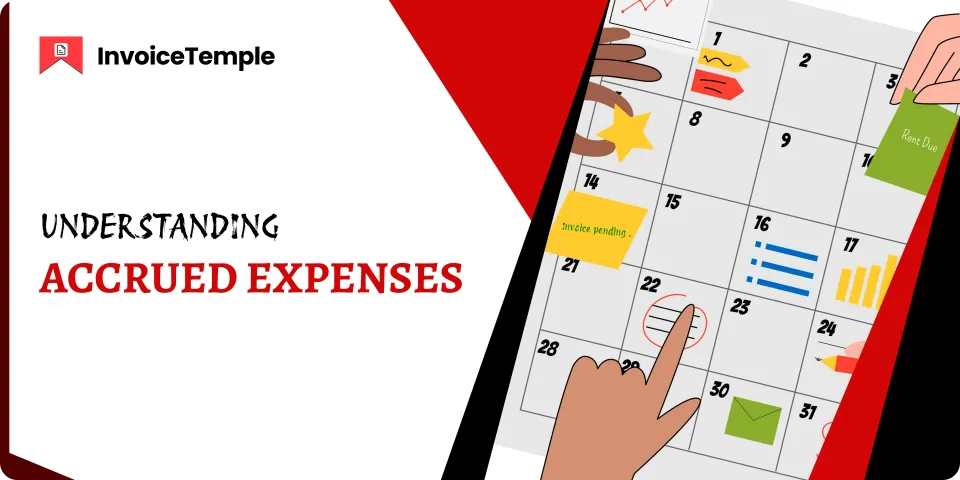Crucial Role of Accrued Expenses in Business Finances

Expenses are common in a business, and no business can run without facing them. Some expenses come suddenly, some are planned, and some are incurred. A type of expense among these is the accrued expenses. It’s common to view these accrued expenses in the liability section rather than the income statement. Usually, the expenses will be recorded in the income statement. Then why do the accrued expenses come under liability? The reason is that these accrued expenses are incurred but haven’t been paid.
If you need a complete view of the accrued expenses and their role in business finances, then this article says it all.
A Brief Definition of Accrued Expense
Accrued expenses are the amounts that are already owed by the business, but they haven’t been paid yet. The aim of recording the accrued expense in the liability section of the business finances is to ensure that the financial statement shows the accurate financial position of the business.
The financial position of the business can also be showcased by making an accurate record of invoices, accounts payable details, etc.
Consider the following example: You run a small business from a rented office. Although you used the space in July, the rent was paid in August. The rent that is paid in August is the accrued expense here.
Now, let’s see some comparisons regarding the expense data of the business.
Accrued Expenses versus Prepaid Expenses
Accrued expenses are the costs that you have incurred but haven’t made a payment for. But prepaid expense is the cost that has been paid earlier, but you haven’t received the product or service that you have paid for.
Accrual Accounting versus Cash Basis Accounting
Accrual accounting is the process of recording the income and expenses, whether the amount is received or spent. But cash basis accounting is the process of recording the income and expenses only when the cash is received or paid.
Recording Process of Accrued Expenses
- The initial step followed here is that a product or service is bought from the vendor or service provider.
- As the next step, this accrued expense is recorded in the liability account.
- After paying this accrued expense, it is debited from the liability account and credited to the cash account.
By following these steps, the accrued expenses can be easily recorded and showcased in the business financial statements clearly.
These accrued expenses have their own advantages as well as disadvantages. They are listed below.
Advantages of Accrued Expenses
- Accrued expenses help in showcasing an accurate financial report of the business, which helps in identifying the current financial status of the business.
- It guides small businesses to predict cash flows and plays a major role in making effective financial decisions for the welfare of the business.
- Accrued expenses managed by automated accounting software help in tracking accounts payable more efficiently, which improves financial transparency.
- The future obligations of the business can be easily identified by these accrued expenses.
Disadvantages of Accrued Expenses
- This is a time-consuming process because once the entry must be recorded as a liability, then again it must be recorded in the income statement. Confusions arise while doing this work, which may lead to the entry of wrong data.
- If the accrued expenses are not entered properly, then it is tough to find out, and it makes the whole auditing process tenacious.
- As immediate cash payments are not included in these accrued expenses, issues may arise in the cash flow of the business.
Managing the business finance is in the hands of the business owners. It’s in their hands to choose whether they must manage the finances manually or through automated accounting software. Choose wisely and save your valuable time.
